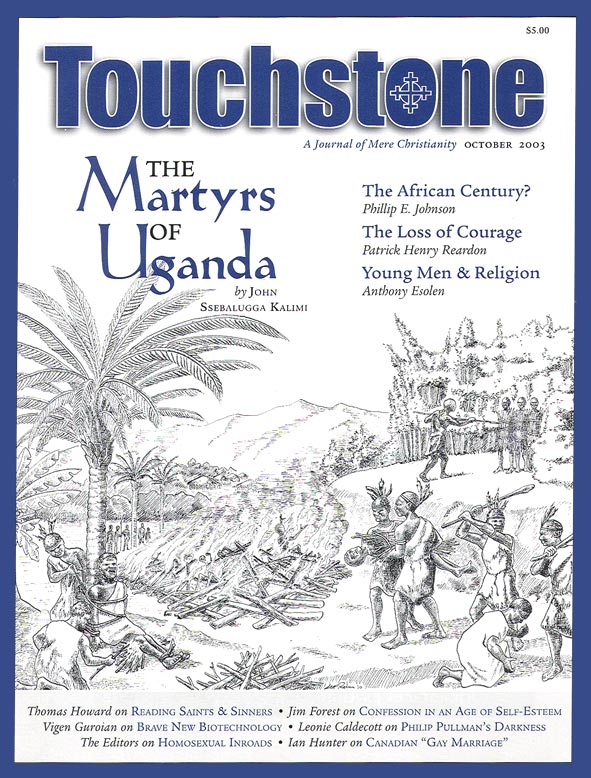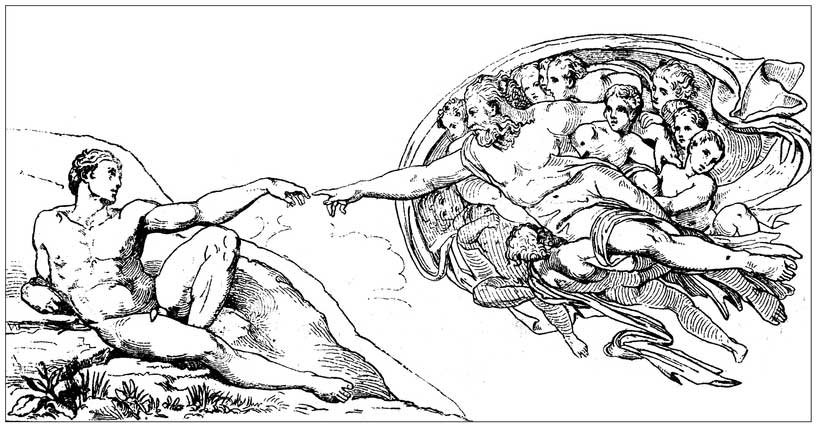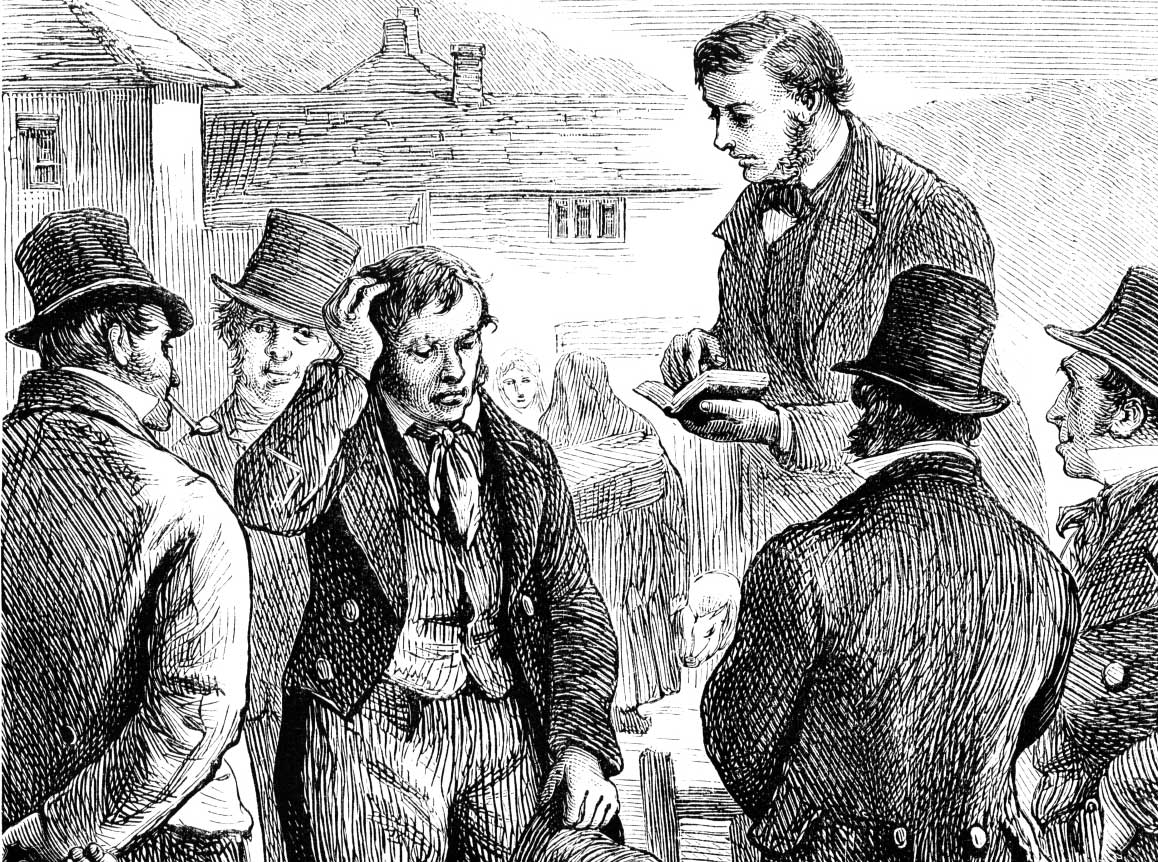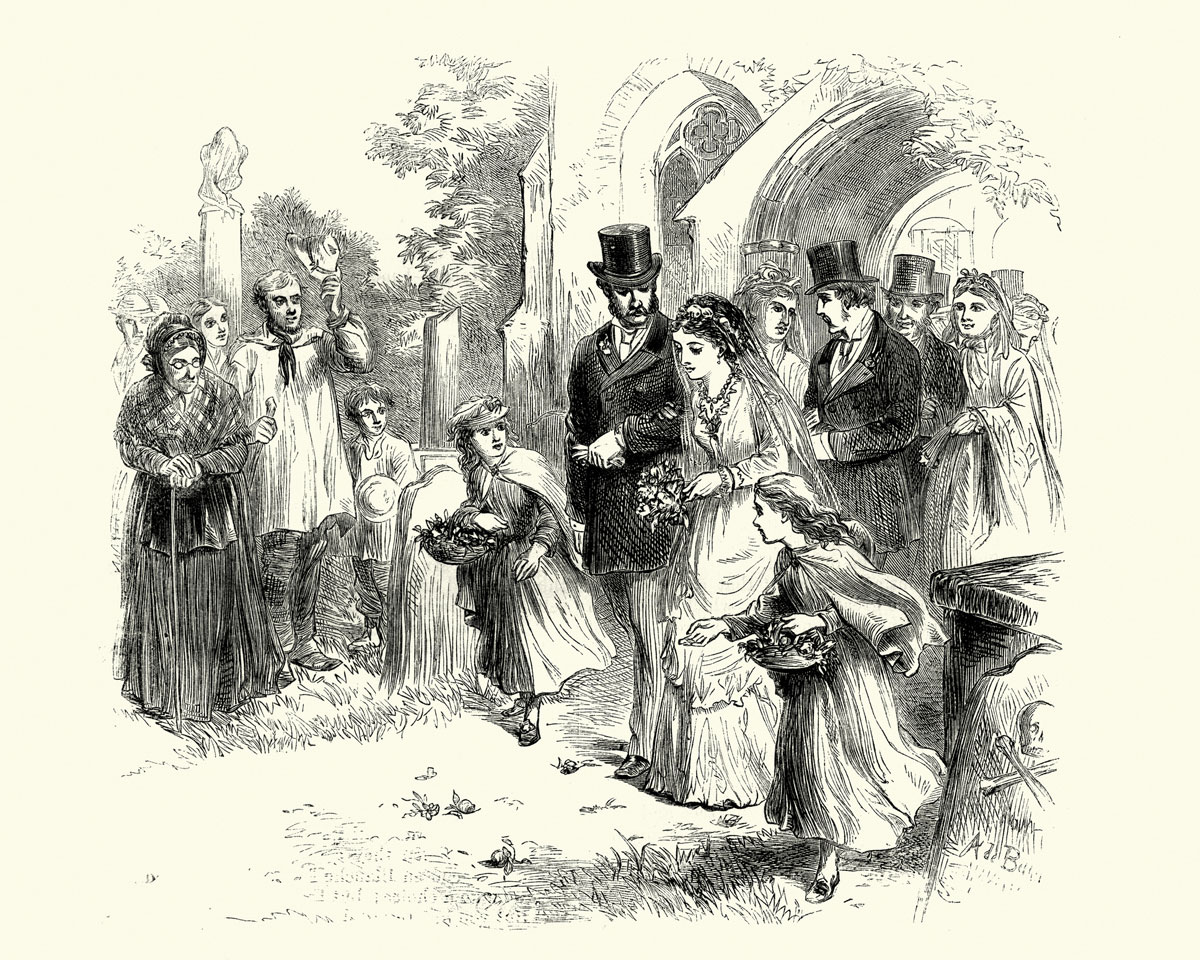Huxley’s Mirror
The Future of Man in the Brave New World
by Vigen Guroian
Over the course of the past century, two modern dystopias captured readers’ imaginations more than any other literary works of their kind. Many read Aldous Huxley’s Brave New World (1932) and George Orwell’s Nineteen Eighty-Four (1948) as prophecy or admonition that if humankind were not careful, the future might look like one or the other. Of the two, Orwell’s novel seemed the most possible. It depicted a technologically advanced version of the sorts of totalitarian regimes with which the twentieth century was all too familiar. Today, however, Brave New World may be the more relevant. Recent extraordinary advances in biomedicine, biotechnology, and communications that Huxley uncannily anticipated have given it unexpected relevance, over seventy years after it first appeared.
THIS ARTICLE ONLY AVAILABLE TO SUBSCRIBERS.
FOR QUICK ACCESS:
Vigen Guroian was, until his retirement, Professor of Religious Studies in Orthodox Christianity at the University of Virginia in Charlottesville. His books include Tending the Heart of Virtue: How Classic Stories Awaken a Child's Moral Imagination (2002) and The Orthodox Reality: Culture, Theology, and Ethics in the Modern World (Baker Academic, 2018).
bulk subscriptions
Order Touchstone subscriptions in bulk and save $10 per sub! Each subscription includes 6 issues of Touchstone plus full online access to touchstonemag.com—including archives, videos, and pdf downloads of recent issues for only $29.95 each! Great for churches or study groups.
Transactions will be processed on a secure server.
more from the online archives
calling all readers
Please Donate
"There are magazines worth reading but few worth saving . . . Touchstone is just such a magazine."
—Alice von Hildebrand
"Here we do not concede one square millimeter of territory to falsehood, folly, contemporary sentimentality, or fashion. We speak the truth, and let God be our judge. . . . Touchstone is the one committedly Christian conservative journal."
—Anthony Esolen, Touchstone senior editor











